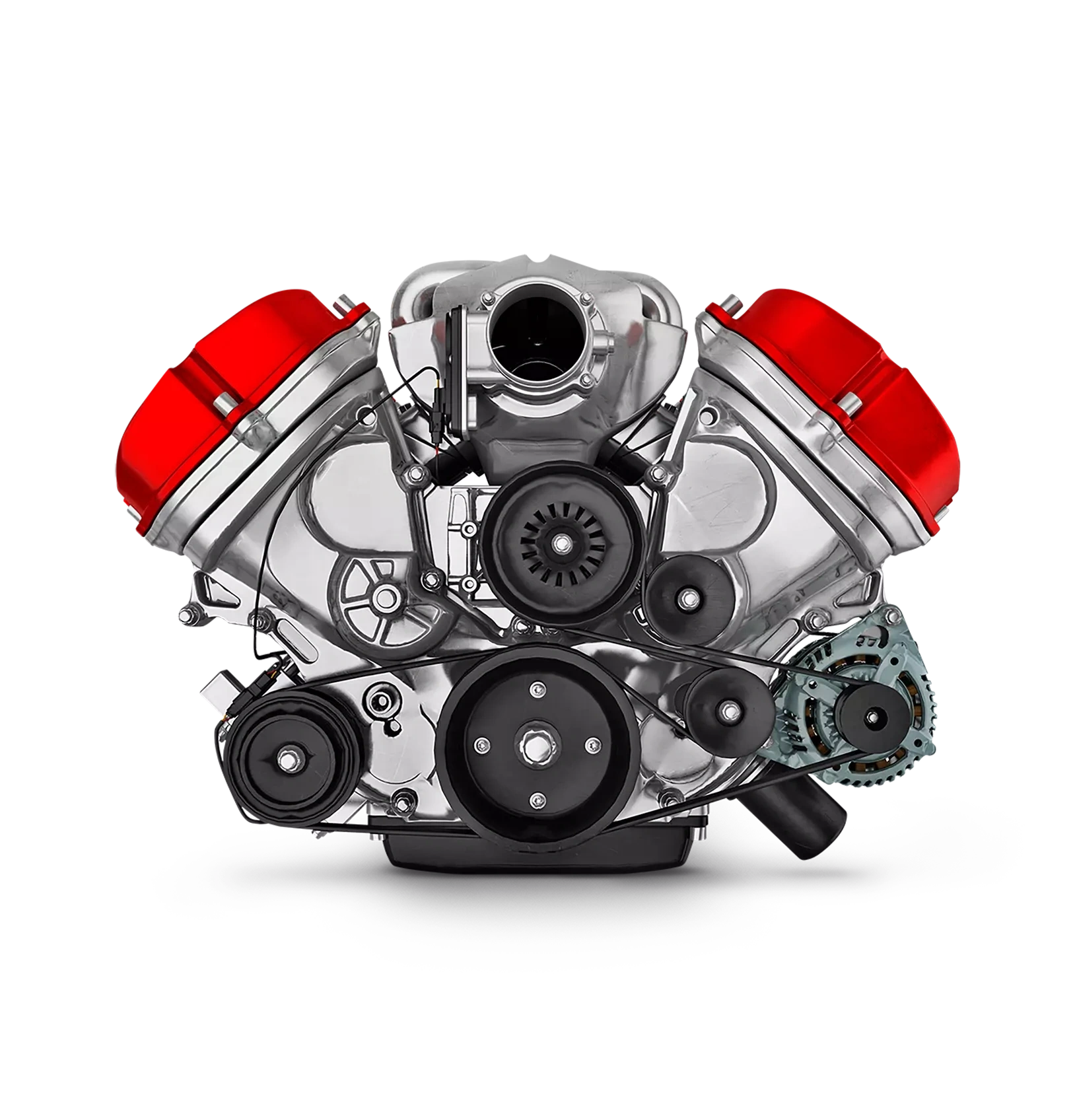What Is CMMS and What Does It Do?
What Is CMMS and What Does It Do?
What Is CMMS and What Does It Do?
Sept 7, 2023
 Aptean Staff Writer
Aptean Staff Writer 
You've just finished a meeting with your colleagues and managers. During the briefing, it’s reported that your company has yet another equipment maintenance issue that has brought production to a halt again on one of your lines. You've stumbled over providing answers to questions like, “What is a computerized maintenance management system (CMMS)?” and “How is that different from an enterprise asset management (EAM) system?” With this latest downtime incident, your company’s leadership has tasked your team to find the ideal solution for your asset maintenance and reliability initiatives.
Finding this blog article is a great start—here we will discuss CMMS, explore its benefits, compare it with EAM and highlight the advantages of selecting the ideal provider offering a solution that can scale to meet your business needs. Let's get started.
CMMS for Maintenance Management
A key element in all manufacturing operations is your equipment maintenance management strategy. It ensures that your production runs, utilities, capital equipment and workforce function as planned. Moreover, it helps promote increased uptime, reduce repair expenses and extend the lifespan of your capital equipment.
Decades ago, machine technicians used punch cards for record-keeping and tracking maintenance tasks. Now, CMMS has evolved from manual processes and checklists to be an effective digital facilities management system with centralized database storage that you may access anywhere when cloud-optimized. The system helps automate processes and streamline work orders for preventive maintenance and emergency repairs for increased productivity.
Key Features of CMMS
Features within CMMS can promote improvement in your manufacturing operations and streamline processes across departments.
Here are notable benefits that a quality CMMS platform provides:
1. Work Order Management Automation
Work orders ensure that all job requests—whether an emergency repair or a routine checkup for preventative maintenance—will get done as scheduled.
CMMS automates work orders to help all team members access them from a central data hub. Team leads can prioritize, delegate and measure the complexities of work orders enabling technicians and department managers to:
Schedule work orders based on their expertise, proximity, availability and priority level.
Send push notifications whenever a new work order is created in the system.
Easily find manuals, asset repair history and other repair instructions.
Record their recommendations after the repair and update the asset's repair history for future reference.
2. Strategic Preventive Maintenance
“An ounce of prevention is worth a pound of cure.” Therefore, prepare to plan and schedule preventive maintenance protocols for your valuable capital equipment. Indeed, a proactive mindset towards maintenance will promote cost savings and higher profitability for your organization while improving your asset productivity and expanding your equipment life-expectancy.
Deploying a CMMS will alleviate the monotonous paper trail of a manual-based maintenance process. With the accurate data for strategic preventative maintenance, you can:
Plan maintenance activities seamlessly over specified time intervals.
Notify all departments to ensure all materials and spare parts are available for maintenance.
Allow all teams to have complete visibility on maintenance costs and on-going asset performance.
3. Accurate Asset Information
By eliminating the aforementioned tedious manual paperwork in data-gathering, accurate information on your assets from your CMMS can improve your bottom-line by helping you collaborate and coordinate with your workforce prioritizing tasks in real-time while making data-driven decisions.
The capabilities of CMMS assist in gaining full transparency and visibility to every maintenance work request inside the system for every part and parcel of your capital assets. Furthermore, the system can quickly generate comprehensive reports with detailed documentation of inspection results.
Who Will Benefit from CMMS Deployment?
The beneficial impact of a CMMS deployment will be widespread across your organization. Here are examples of several team members from your workforce that will benefit from CMMS the most:
1. Maintenance Technicians
Maintenance technicians are likely to feel the positive changes from a CMMS implementation right away as workflow hindrances are resolved instantly, and the new system allows them to view the status of their work orders, add data to an asset's repair history, prioritize urgent and emergency fixes, and strategize their schedules for inspection and upcoming preventive maintenance tasks.
2. Engineers
Engineers often use data within the CMMS information hub as the single-source-of-truth to maximize capital equipment performance and boost its productive lifespan. With this readily available, accurate information, they can optimize current processes that may increase cost savings and asset reliability while reducing downtime.
3. Production Workforce and IT
Machine operators and plant supervisors will use CMMS to submit work requests with specific priority status. Therefore, all the potential causes of disruptions are fixed without delaying any scheduled task from maintenance technicians.
Meanwhile, your IT team, who will monitor integrations and facilitate data migration and software updates for your CMMS solution, will have complete software and technical support from a quality solutions provider.
4. Department Managers
Department managers leverage CMMS to ensure that every business process delivers the desired results and each department is on the same page. With accurate reports for purchasing and work hour schedules, department managers can ensure complete visibility in every stage of operations.
5. C-Suite and Leadership
Decision makers will benefit from the data-driven information about real-time asset performance. CMMS empowers leaders to make strategic decisions in all aspects of operations and capital expenditures.
CMMS vs. EAM
So how do you know if your organization needs a CMMS or a more robust EAM solution? EAM systems have all the capabilities of CMMS, but with a more robust feature set. While both systems aim to help manufacturing companies minimize equipment inefficiencies and lessen revenue loss by preventing machinery breakdowns, one distinct feature to consider of an EAM system—when comparing CMMS vs. EAM—is that it can procure and manage spare parts inventory.
Managing your maintenance, repair and operation (MRO) inventory in an EAM system allows you to track spare parts stocks, set reorder points, issue purchase requisitions and generate purchase orders that integrate with your other enterprise software platforms.
Much like CMMS, a reliable, modern EAM system monitors and extends the entire lifecycle of your capital equipment, starting from the design phase through specification requirements, installation and replacement.
CMMS & EAM Synergy: Why Select a Provider Offering CMMS-Integrated EAM Solutions?
The synergy of CMMS and EAM capabilities in your manufacturing operations ensures that your production lines operate at the highest level. However, transitioning from a legacy CMMS to an EAM system may hinder your continuous manufacturing operations. There are also the worries about additional costs, downtime and data transfers while replacing your old CMMS system with the a new EAM system.
Meanwhile, organizations deploying a sound EAM system will see improvement in their work order schedules and preventive maintenance strategies as they leverage a flexible and agile EAM system that lets them start with a lighter CMMS feature enabled. With growth and scaling to meet maintenance and consumer demands, upgrading to a fully functioning EAM system comes easily without the hassle of transitioning to a new system and additional downtime.
Now that you better understand CMMS and EAM, let's briefly discuss choosing the ideal maintenance solution provider for your business. By selecting a software vendor offering a synergistic CMMS and EAM product, you’ll improve your asset maintenance strategy and benefit from a single platform with inbuilt future growth with less disruption.
Selecting the Right Partner With Robust Product Portfolio
When choosing the ideal provider, first determine if you may need CMMS or EAM features for your present operation. Find a solution offering which can support your business needs today—and tomorrow—as you will scale and grow your operations.
Also, consider the entire available product portfolio; in the future, you may tap into their expertise for other complementary solutions like enterprise resource planning (ERP), overall equipment effectiveness (OEE) or product lifecycle management (PLM) software, for example. Integrations with your EAM solution can help you to have a single provider for all your business needs. It will not only promote efficient workflows and automated processes between these systems, but also save time and eliminate the double entry of data from different platforms.
Aptean EAM as Your Maintenance Management Partner
Aptean EAM combines all CMMS and EAM features that are flexible enough to meet your current needs and adaptable enough to grow with you. The software also integrates and complements well with other Aptean platforms you may need for your manufacturing operations.
Are you ready to automate your work order requests, optimize your asset performance, maximize equipment uptime and streamline your manufacturing processes while reducing maintenance costs?
Contact us today to learn more about a CMMS-integrated EAM. You can always request a personalized demo to explore Aptean EAM with one of our solution experts.
¿Todo listo para transformar tu negocio?
Tenemos las soluciones EAM especializadas que necesitas para superar los desafíos de tu sector.



